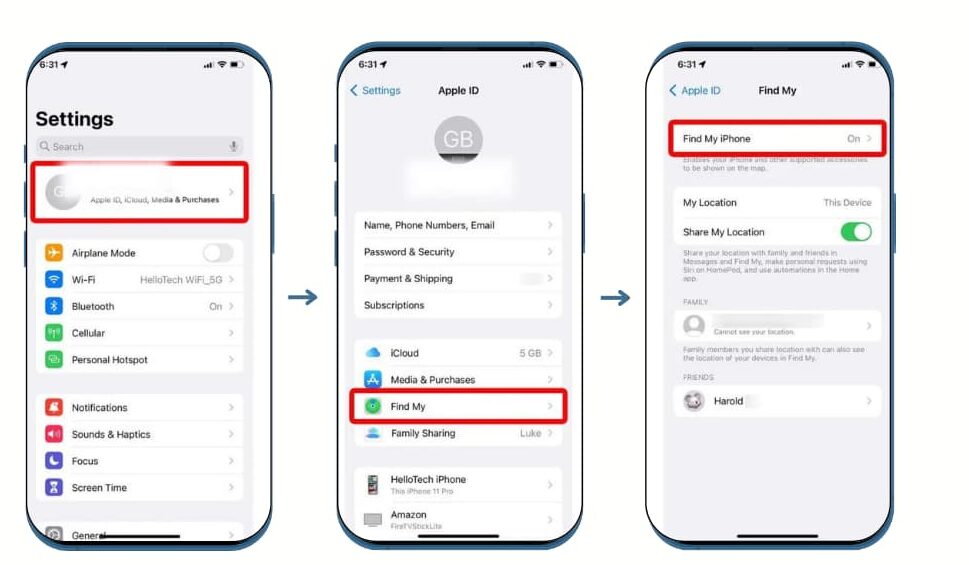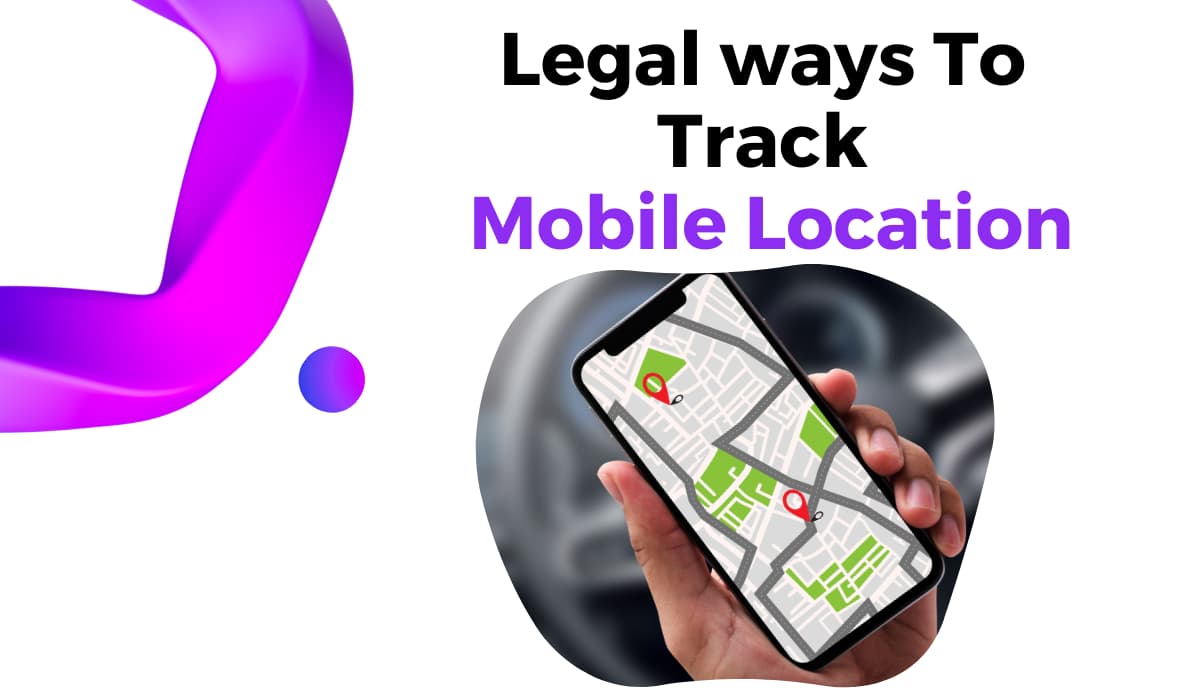If you visited this site then you must be trying to track someone’s mobile number location. Many people want to track mobile number locations for various reasons.
You can use it to ensure safety and security for yourself or your family members. Parents can use it to keep an eye on their children’s whereabouts. And you can find your lost or stolen phone by tracking its location.
However, you need to be careful about privacy laws. You cannot track someone’s location without their permission.
Different countries have different rules about tracking locations. For example, in the European Union, there are strict privacy laws under GDPR. Companies need clear consent from people before tracking their phones. Similar laws exist in the United States too.

The next few sections will explain more about how to track locations legally and responsibly.
Track Someone’s Location (All Legal Methods)
Using WhatsApp Live Location
WhatsApp has a “Live Location” option to share your real-time location. You can share it with individual chats or groups. This helps everyone about your exact location and where you are in real-time.
Here are the steps:
- Open a WhatsApp chat
- Tap the paperclip/plus icon
- Select “Location” then “Share Live Location”
- Choose for how long to share – 15 mins to 8 hours
- Tap Send
Now your contacts can see your location on a map. But only share with people you trust. And stop sharing when not needed to save battery.
Find My Device for Android/iPhone
These are built-in services to locate your lost/stolen phone. You can see its location, ring, lock or erase it remotely.

For Android:
- Enable Location services in Settings
- Turn on “Find My Device” in Google Settings
- If lost, visit google.com/android/find
- You will see your phone’s location on the map
For iPhone:
- Enable “Find My iPhone” in iCloud Settings
- If lost, use Find My app or iCloud.com/find
- See location and other options like playing a sound
These methods let you track locations safely and legally. We will cover more legal guidelines next.
More Ways to Track Location Legally
There are some apps made specifically for location sharing and tracking. These can be useful for families, friends and businesses.
Location Services From Your Mobile Carrier
Your mobile carrier like Verizon, AT&T or T-Mobile may have apps to track phone locations. Useful for:
- Parents tracking their kids
- Businesses tracking company devices
However, they need the account holder’s permission to track locations legally.
Emergency Safety Apps
Some apps are made for safety and send emergency alerts with your location:
- bSafe and Noonlight let you send SOS to contacts with one tap
- They share your live location, audio/video
- iOS has Emergency SOS to share location with 911
Other Apps With Location Sharing
You can also share your live location through apps like:

- Google Maps:
- One of the most widely used navigation apps, Google Maps allows you to share your real-time location with others directly from the app. It works across Android and iOS devices.
- Whatsapp:
- This messaging app includes a feature using which you can share your live location with individuals or groups for a specified amount of time.
- Snapchat:
- Snapchat’s “Snap Map” feature lets you share your live location with friends on the app, or you can choose to go into ‘Ghost Mode’ to hide your location.
- Facebook Messenger:
- Facebook Messenger is a popular. You can share your live location for up to 60 minutes with friends and family during a chat.
- Apple Find My:
- Beyond device tracking, Apple’s Find My app allows users to share their location with friends and family continuously. It’s available exclusively on iOS devices.
More Legal Ways to Track Locations
Apart from apps, there are some other methods to track locations legally. These also respect privacy norms.
Apps That Need Consent
Some apps require the user’s consent before tracking their location:
- FamiSafe lets parents track their kids’ real-time location, app usage, etc. after getting consent.
- mSpy can monitor location, calls, texts and more – but only with the user’s permission.
Wearable GPS Trackers
Special watches and fitness bands can share location details:
- Watches for kids (TickTalk, GizmoWatch) allow parents to see where their children are.
- Elder care watches like AngelSense track locations for those with special needs.
- Fitbit and Garmin fitness bands can share location data with families for safety.
Vehicle Location Tracking
You can track a vehicle’s location through:
- OnStar service is built into some cars for emergency response and tracking.
- Aftermarket GPS trackers installed in vehicles by businesses to manage fleets.
Internet of Things (IoT) Tracking
Smart home systems, connected car tech, and some appliances also have location tracking abilities you can monitor for security and efficiency.
But for all these, clear consent and communication are a must. Never track someone’s location secretly – that violates privacy laws.
Conclusion
In this guide, I covered many legal ways to track someone’s mobile location. From apps like WhatsApp, Google Maps and Find My Device to wearables, vehicle trackers and emergency services.
Each method serves an important purpose:
- Keeping families and friends safe
- Locating lost/stolen devices
- Improving logistics for businesses
- Providing emergency response
But remember, tracking locations is a sensitive matter. You must use these services responsibly and legally.
Always get consent before tracking someone. Be open about why you need their location. Respect their privacy. Use location data only for genuine needs like:
- Parents monitoring kids
- Businesses managing employees/vehicles
- Emergency situations
Never secretly or unnecessarily track people. That violates privacy laws.
Make responsible choices when you are trying to track locations. Follow the guidelines covered here. If we use this power wisely, it will benefit society as a whole.


